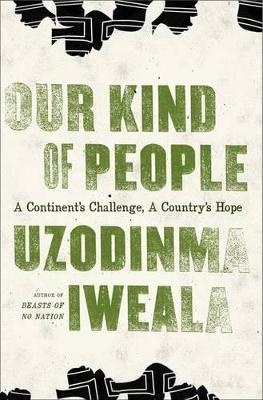Reviewed by Beth C. on
On the other hand, the book seems unevenly written and much feels repeated throughout. The dialogue, while interesting and honest, also occasionally feels like there is too much - it seems to detract at times rather than help. The book, already fairly small and with large type, could have done with more editing - either a smaller book or other topics introduced to keep the size.
Having said all that, I do believe that this is an important conversation to be having. He is spot on when he discusses the fact that while AIDS in places like the US has been fairly stable for years, Africa is just now getting a handle on it. He is also correct in shining a light on the fact that the treatments are so expensive, and yet there is little in place to help those poorest and neediest get the medicine they need. And he makes a valuable point that is valid of ALL patients everywhere - AIDS is a disease, not an identity. It's a valuable and worthy book, but with some writing flaws that tend to take away from the important message the book conveys.
Reading updates
- Started reading
- 20 August, 2012: Finished reading
- 20 August, 2012: Reviewed
